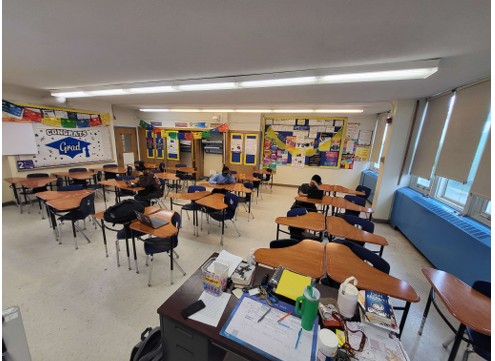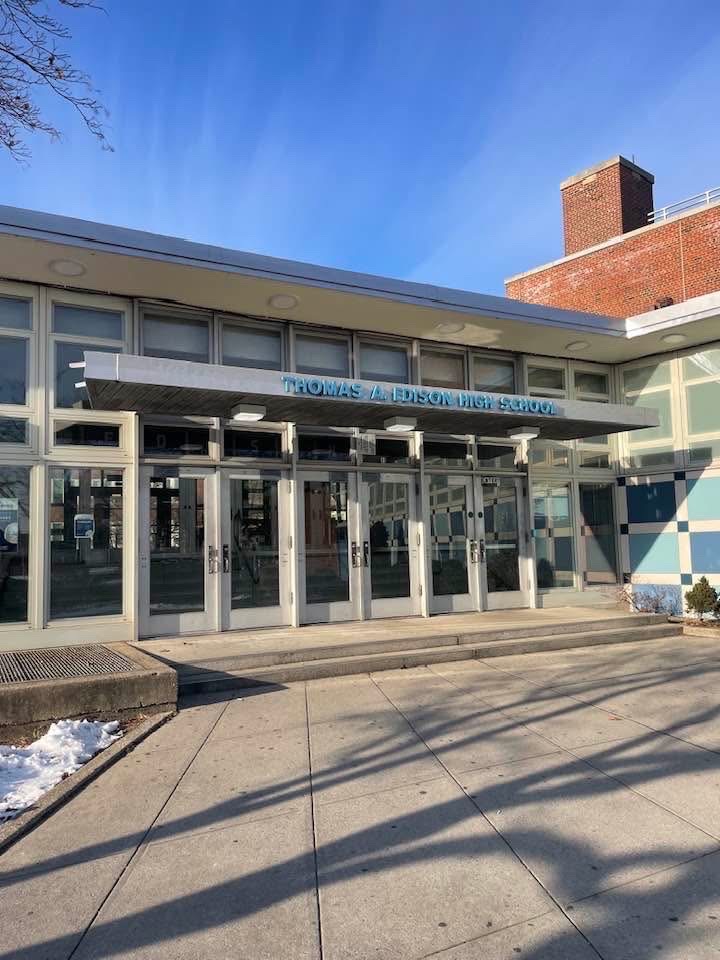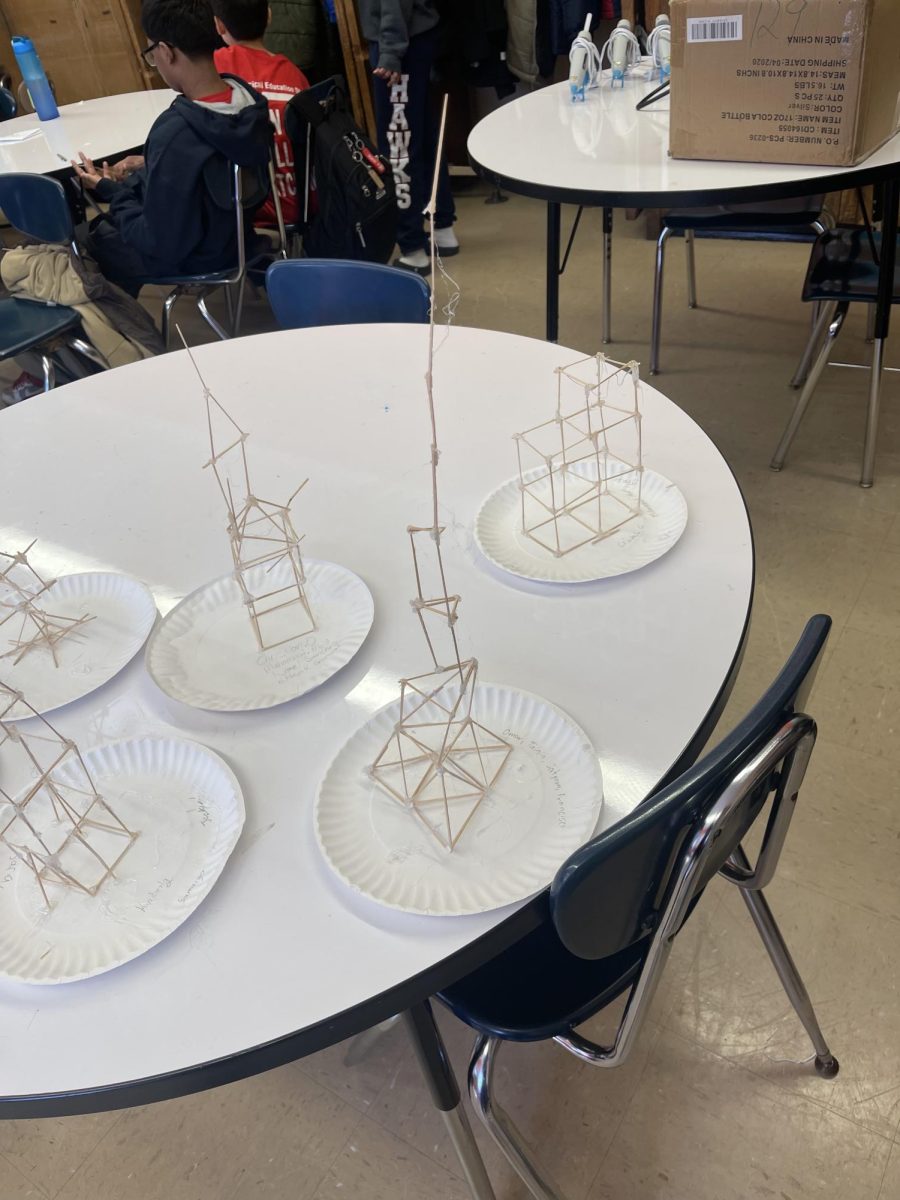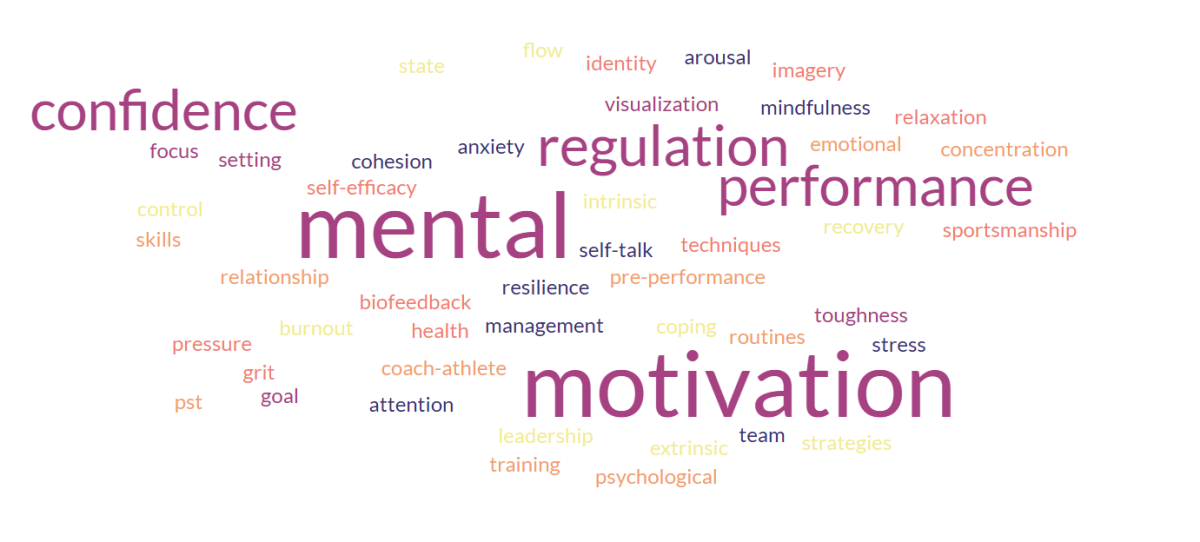As most people know, Advanced Placement (AP) is a program that allows students to take college-level classes in high school and earn college credits. There’s many benefits to taking AP classes, but there are also many downsides.
AP classes are good classes to take because they save you money in the future, when you’re in college. If you earn the college credits now, in high school, you won’t have to worry about taking a similar class in college where the cost is much more expensive. However, there’s a chance of you not receiving those college credits because you either fail the test (score below a 3) or the college you are going to requires you to get a certain score.
“I took AP Psychology and AP Biology at Edison and received a 3 out of 5 on both. I didn’t receive college credits for my AP class, as my university only accepts a score of 5 out of 5 on the AP exam,” said Rachel, a sophomore at Johns Hopkins University.
Johns Hopkins is a prestigious university, so it makes sense that they would require such a high score. For local colleges, like CUNYs and SUNYs, the requirements are lower. For a CUNY school, the university will grant credit for AP courses provided that the student scores a 3 or above on the test. The same goes for a SUNY school.
“My brother, a senior at Queens college, took AP art and AP English Language and Composition and scored a 4 on both. He didn’t get credit for AP Art because he’s an engineering major, but he got credit for AP Language,” said senior Jocelyn Tepale.
Because Advanced Placement is a college-level class, it’s going to be challenging and time-consuming, meaning you will have to put more effort into the class than you would for a regular high school level class.
“The workload for an AP class can be intense,” said Tiffani, a sophomore at St. John’s University. “There’s always a lot of studying to do which can be very time consuming. Sometimes it can feel like there’s never enough time to get everything done, especially when you have extracurriculars.”
Despite this, there’s benefits to taking an AP class other than potentially receiving college credit.
“An AP class is a good way of preparing you for college classes. It saves time and money, it encourages higher level thinking, and it boosts your GPA” said college counselor, Ms. Pappas. “We submit your weighted GPA to colleges and if you have AP classes on your transcript, your weighted GPA is higher.”
If you’re a rising senior or junior and want to get a feel of a college-level class, then AP would be a good option for you.
“I would recommend taking an AP class not for the purpose of receiving college credits, but for the purpose of getting exposure to a higher level of the course which definitely develops your understanding of it and will most likely be helpful when taking the course in college,” said Rachel.
If you do decide to take an AP class, I would suggest taking one that relates to the subject you want to major in, in college. For example, if you want to major in computer science, try taking AP Computer Science Principles; that’s an option here at Edison. If you want to major in a health profession, you should take a math or science AP class (AP Biology, AP statistics, AP Chemistry). If you’re not sure what you want to study in the future, it’s okay because an AP class could still be useful to you.
Overall, I would say an AP class is worth taking. It’s a lot of hard work and effort, but that’s just a glimpse of what college might look like. Despite there being a possibility of not gaining college credits for them, there’s a possibility that you do gain credits which saves you money in the future. It’s important that you don’t feel pressured to take AP classes just because other students around you are.


































